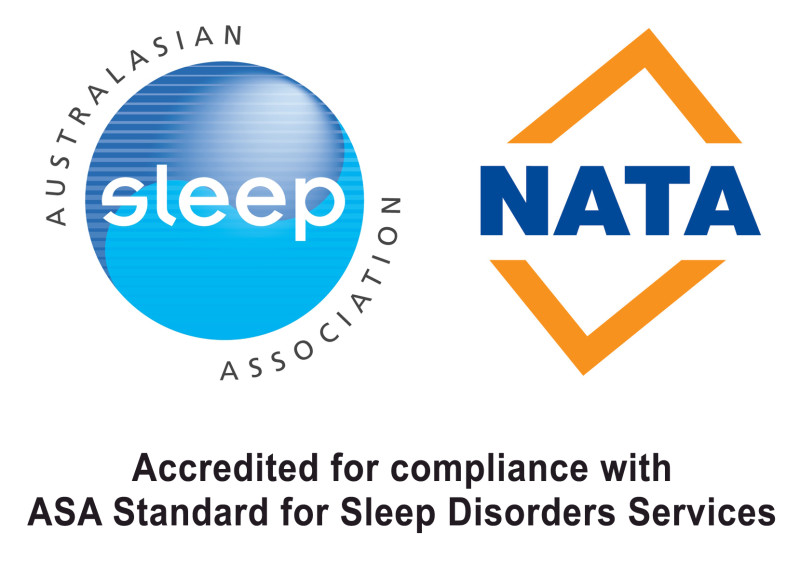
Depression & Sleep
Increasingly, depression is being recognized as a condition that involves how our body functions, how we feel about ourselves and also how we respond to events in our lives. Trouble falling asleep and or staying asleep are important features of depression.
Other symptoms may include:
- Down or low moods, feeling sad most of the day, nearly every day
- Loss of interest or inability to experience pleasure in things that generally had been pleasurable before
- Sharp changes in weight, either significant weight loss or weight gain
- Loss of energy
- Difficulty concentrating or making decisions
- Thoughts that life isn’t worth living, even to the point of actively considering ending one’s life
- Anger outbursts, irritability, nervousness
Some people with depression experience only a few of these symptoms. If you have trouble sleeping and also have two or more of these symptoms, inform your health care professional.
THE CONNECTION BETWEEN SLEEP AND DEPRESSION
Research has told us that depression and sleep are strongly linked. In fact, 20% of depressed people also have sleep disturbances. It is important to consider sleep disorders when you are feeling depressed as anti-depressants will not treat the cause.
There are a number of different sleep disorders that may cause or increase depression.
OBSTRUCTIVE SLEEP APNOEA
People with untreated Obstructive Sleep Apnoea are 5 times more likely to develop depression.
Obstructive Sleep Apnoae (OSA) is a common sleeping disorder, characterised by pauses in breathing during sleep. Each pause in breath is called an ‘apnoea’ and in more severe cases can occur hundreds of times a night. Due to the frequent awakenings, people with OSA often experience fatigue which can lead to depression.
INSOMNIA
The link between insomnia and depression is very strong, as insomnia can cause depression and depression can also cause insomnia.
There are a number of causes and treatments for Insomnia, which may also be successful treatments for depression.
PERIODIC LIMB MOVEMENT DISORDER
Periodic limb movement disorder (PLMD) occurs when a person’s leg muscles twitch during sleep causing him or her to sleep poorly. Sometimes other parts of the body twitch as well, causing you to awake during the night and preventing you from feeling rested in the morning.
Read more on Periodic Limb Movement Disorder
AGE
Depending on your age, depression may also affect your sleep differently. For example, a relatively younger person (under 40 years of age) may experience trouble falling asleep, while people over 40 may have trouble remaining asleep. Both can be features of depression.
Of course, it is possible that your sleep problems are not related to snoring. OSAS or PLMD.
If sleep problems are your main symptom, it is well worth talking to your healthcare professional, who may help you understand what is causing your sleep difficulties.
Referrals to a sleep disorders centre for consultation can provide useful information about your condition.
Where is my nearest sleep disorder centre?
WHAT HAPPENS AT A SLEEP DISORDERS CENTRE?
In many cases, the sleep disorders specialist will complete an interview with you. This serves to provide a complete history of your sleep and related problems. Most patients also complete a short (two-week) sleep diary to record their sleep difficulties. In addition, some specialists also provide questionnaires for you to complete. Together, these procedures can significantly help diagnose specific sleep and or depression problems.
If the sleep specialist determines that your sleep troubles are the likely result of snoring, OSAS, PLMD or another disorder, a sleep laboratory evaluation can provide very useful information about your condition. If depression seems to be causing the sleep problems, testing in the sleep laboratory may also be helpful, because people with depression may enter dreaming sleep quickly after falling asleep and show deep sleep later on. The opposite tends to happen with people who are not depressed.
IF DEPRESSION IS CAUSING MY SLEEP PROBLEMS, WHAT CAN I DO?
If your sleep problems are related to depression, the key to improving your sleep is treating the depression and using good sleep hygiene measures first.
Effective treatments for depression include:
- talk therapy (ie; counselling, psychotherapy)
- medication therapy.
Some people recover from depression with psychotherapy alone, but many require both counselling and medication therapy. If medication therapy is recommended, several excellent antidepressants are currently available. Your healthcare professional or sleep medicine specialist may initiate these treatments or refer you to a psychologist or psychiatrist who specializes in these forms of treatment.


